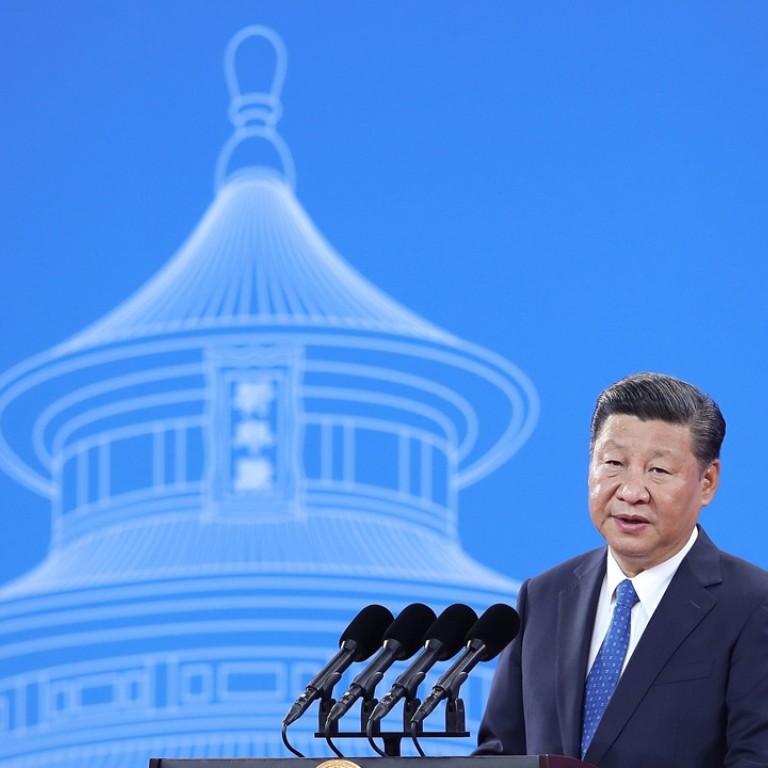
Wider Interpol role for China good for the world
Beijing increasingly realises that effective law enforcement and security need a global platform and cooperation with other countries, for which the international police organisation is ideally suited
Globalisation was made for transnational organised crime. For example, economic integration that boosts development and trade, such as China’s “Belt and Road Initiative”, also opens up opportunities for criminal groups to develop and expand the illegal economy. Nations can safeguard legitimate economic activity, border security and law and order only through sharing intelligence and implementing reciprocal crime-fighting measures, including the return of criminal fugitives to face justice.
As a target of cross-border crime such as phone scams run by offshore syndicates, China increasingly realises that effective law enforcement and security need a global platform and cooperation with other countries, for which Interpol is ideally suited. Ultimately, to achieve this, Beijing may have to consider measures to build trust with Western countries who are not comfortable with China’s justice system and a perceived lack of transparency.
An abiding external concern with China’s rise is that it is trying to change the world order. But Xi made clear in his Interpol speech that he is trying to use the existing platform to push China’s cause, rather than trying to set up a parallel international security framework.
China’s expanded contribution reflects its wish to shoulder greater responsibilities and is good for the whole region and the world.

